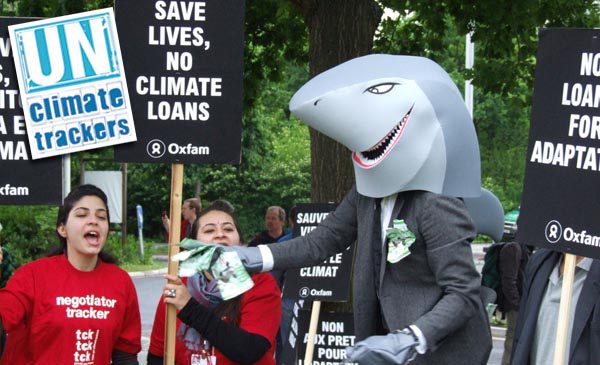Last year, you and hundreds of fellow Climate Trackers from around the world played a big part in the wins secured at the UN Climate Change negotiations at Cancun including:
- An agreement to establish a new global Climate Fund to provide life-saving support to help the world’s poor fight the effects of climate change.
- Improved commitments and recognition from countries to reduce their emissions.
- Good levels of trust and cooperation between rich and poor countries to work together for a global deal on climate change.
Significantly, the Australian and New Zealand Governments were influential in negotiations around the Climate Fund and efforts to reduce emissions. To cap of 2010, we had a minority government elected in Australia who announced in February their plans to legislate a price on pollution in 2011.
Whilst these are all steps in the right direction, 2011 is a critical year for action on climate change locally and internationally.
Locally, there is a great opportunity for Australia to go to the 2011 UN Climate Summit (taking place in Durban, South Africa at the end of the year) with legislation in place for a price on pollution. If this happens, we know that Australia will be in a great position to influence other big-polluters to commit to reducing emissions.
At the UN Climate Change negotiations in 2011, we need to ensure that Governments fulfil their promises to provide the US$100bn a year that is needed for climate finance (by 2020) and that women are placed at the heart of the Climate Fund. As women are among the hardest hit by climate change and often best placed to find solutions to tackle it. Additionally, we must continue to pressure Governments to strengthen their commitments to reduce emissions so as to avoid dangerous climate change.
Acting now on climate change won’t cost the earth. So join me and other Climate Trackers in demanding the Australian Government put a price on pollution and play an active role in getting a global agreement on climate change.
By Clancy Moore
Clancy Moore is Australia’s UN Climate Tracker for 2011. He also teaches Sustainability at RMIT University, presents a monthly radio show on Asia Pacific current affairs and works for Oxfam Australia as a Campaigns Coordinator.



